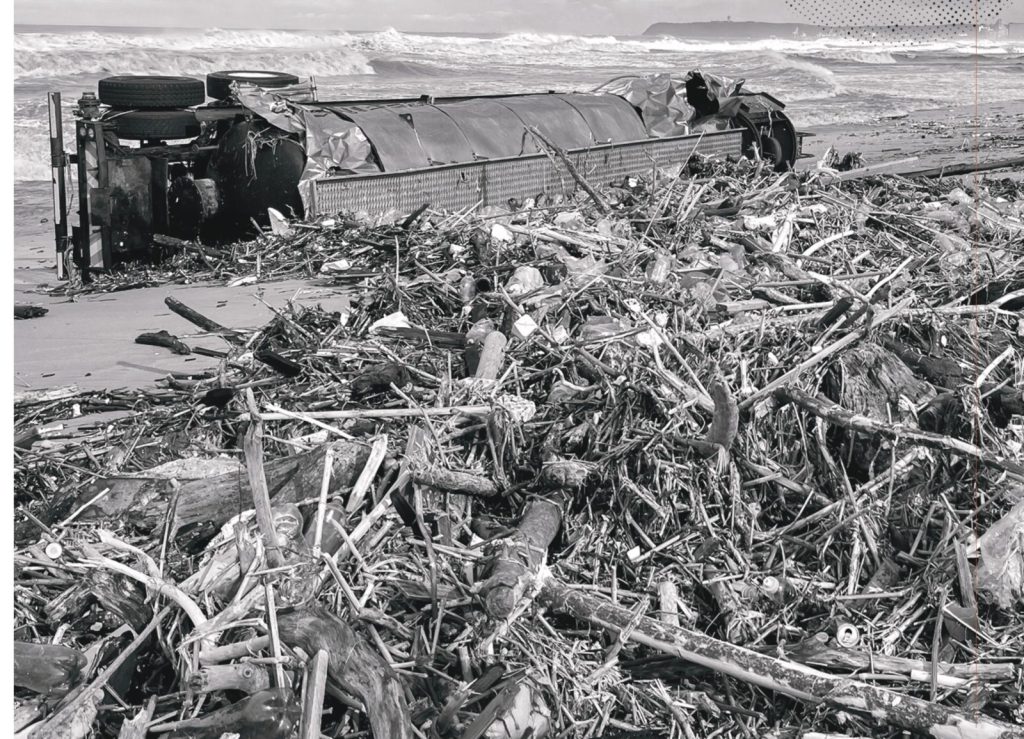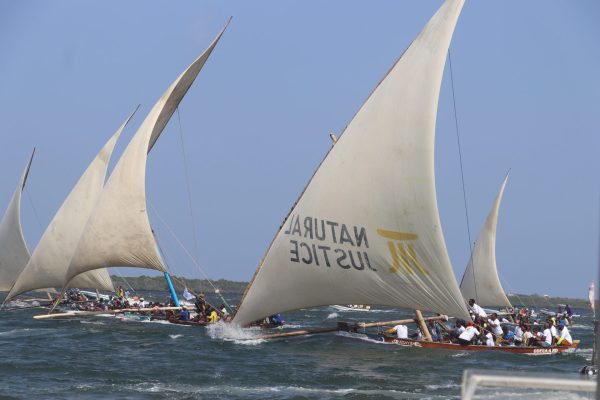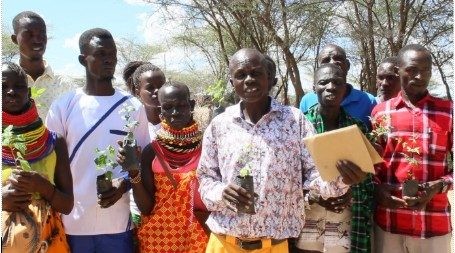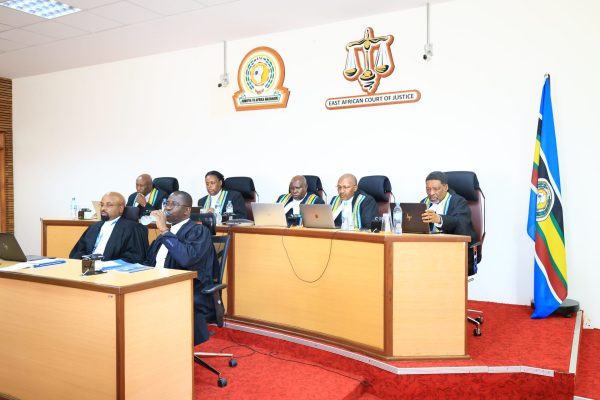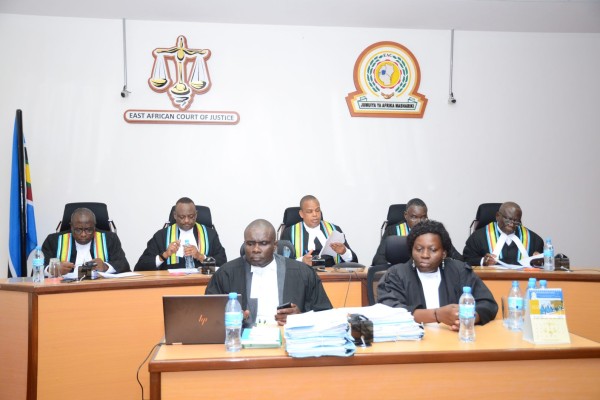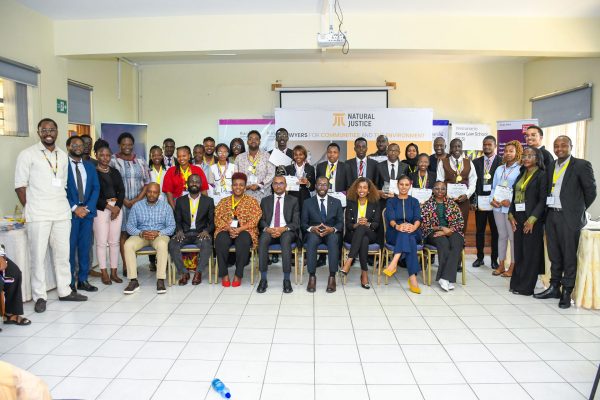The African continent is reeling from the consequences of the climate crisis. According to a report by the IPCC, an increasingly concerning consequence of this crisis is the large number of flooding events that are being experienced on the continent. Such events are projected to increase with every degree of global warming, leaving in their wake alarming death tolls, displacements, the destruction of infrastructure and other social impacts.
Whether it is the Sahel region, the coastline of South Africa and Mozambique, or further inland in Zimbabwe and Kenya, these floods have sparked much discussion about who should be responsible for the damage that ensues during and after they occur.
A key response to this issue globally has been the initiation of litigation linked to floods, with the sole aim of ensuring corporate responsibility for such extreme whether events through damages claims.
On 25 July 2024, the Environmental Lawyers Collective Africa (ELCA) hosted a webinar with the aim of providing crucial information and an understanding of these novel cases.
Compensation for dam disasters ln America
The state of Vermont has been one of the first of America’s states to enact legislation requiring fossil fuel companies and other corporations known for producing pollution to compensate communities for the climate-related damage their pollution has already caused statewide. In Minnesota, the state brought a case against members of the fossil fuel industry for “allegedly causing climate change harms by misleading the public, by downplaying the threat of climate change and the role of their products in causing climate change.”
Victoria Maniatis, a partner at Milber based in New York, addressed the challenges posed by negligent dam construction leading to the Brumadinho dam disaster, which caused flooding in low-lying areas of some parts of Brazil and killed over 250 people.
The infamous mining company, Vale, which was operating in Brazil at the time (and is present in parts of Mozambique), faced litigation in the United States, where it was registered – and not where the flooding event occurred. This highlighted the complexities of jurisdictional issues in such cases and underscored the importance of considering locus standi (legal standing – whether you are able to go to a certain court) when initiating these novel legal actions.
The 2019 incident led to a class action, which promises upwards of $7 billion USD in compensation for the environmental damage caused by this event. There are a number of other legal cases tied to this event which span outside the realm of civil litigation and focus on the criminal nature of the alleged negligence of the mining company.
In the discussion between webinar participants, it was greatly emphasised that there is a possibility to ensure social and environmental justice, even in disasters that would seemingly be caused by ‘nature’ or the climate, provided that lawyers are able to weave a clear link between the actions and operations of a relevant company and the flooding event experienced.
Calling for precautionary measures for flooding in Kenya
In Africa, the courts are also being used to tackle the devastating impacts of flooding. In Kenya, three flooding cases (one in which Natural Justice is taking part) have recently been launched which address the severe flooding crisis currently affecting various regions of Kenya.
Dale Onyango, a lawyer at Natural Justice based in Nairobi, highlighted that all cases filed in Kenya have been directed against the government for failing to take precautionary measures prior to the flooding event, as well as for its unlawful displacement of community members as a reaction to the event.
A notable case filed by the Law Society of Kenya at the High Court in Nakuru is focused on five key areas: access to information, risk assessment, response, mitigation, and flood control. The case criticized the government’s reactive measures, such as resettling people without proper plans, and sought specific actions to improve emergency contingency plans. Dale also discussed the legal foundations of these cases, relying heavily on the International Covenant on Economic, Social and Cultural Rights, the Sendai Framework for Disaster Risk Reduction, and the Kenyan Constitution.
The challenges in these cases were underscored by the lack of attribution science to directly link the flooding to government or corporate actions (or inactions), complicating the presentation of evidence. The urgency of these cases, often filed with a human rights angle, left limited time for comprehensive evidence gathering, highlighting the need for better preparation and scientific support in future litigation.
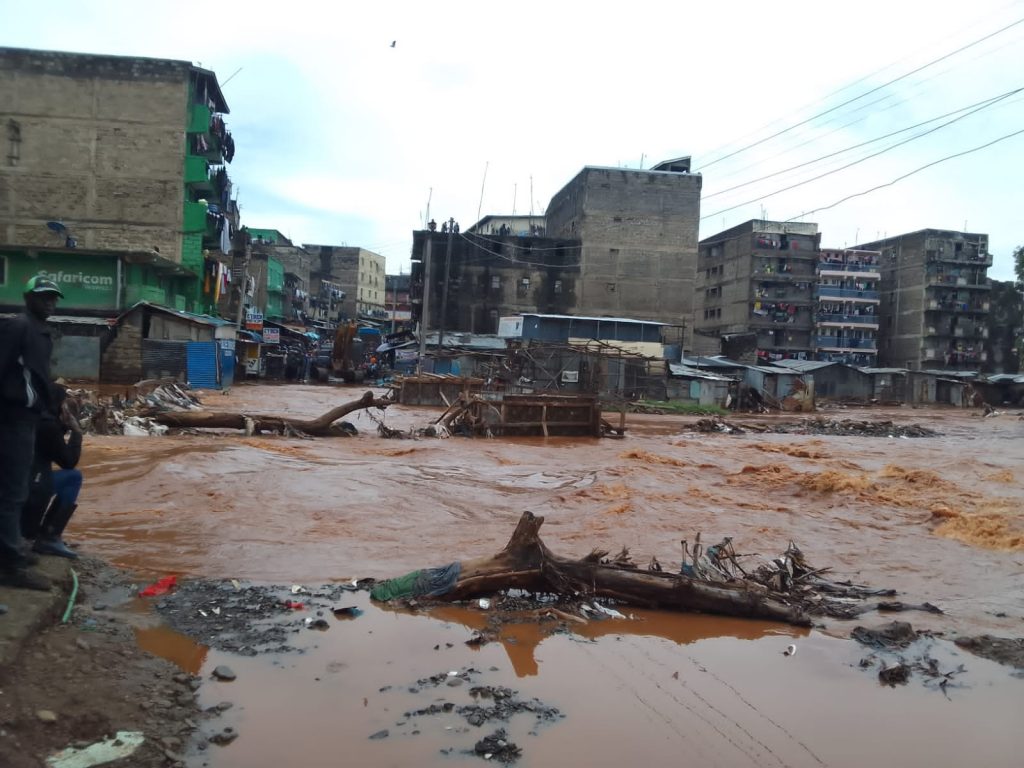
Attribution science to prove cases in South Africa
It’s clear from the inputs of the previous panellists that there is room for African lawyers in different jurisdictions to learn more about this new wave of “flooding cases” in order to assess whether the approaches used in other cases can be successfully implemented in their own jurisdictions.
South Africa has not yet launched such a case. However, research is currently being undertaken to assess the possibility of successful litigation with these types of cases within South Africa’s legal context. The last speaker, Brandon Abdinor from the Centre for Environmental Rights in South Africa, outlined key findings from a Report published by the Centre for Environmental Rights which supports the practicalities of linking extreme weather events to specific polluters and approaching the courts for damages claims on that basis.
Brandon focused his discussion on the wide-ranging impacts of the recent floods experienced in the region of Kwa-Zulu Natal and the necessary responses needed to mitigate future risks. The Kwa-Zulu Natal floods in 2022 lead to the tragic loss of 400 lives, destruction of homes, community infrastructure and the informal economy. In his discussion, he showed that an estimated cost for flood-prevention infrastructure is between 17 and 20 billion Rand.
However, he emphasized that evaluations often overlook social infrastructure and intangible assets such as food security, transport, heritage, and mental health. These are not considered in economic valuations. These are necessary issues that require a more holistic approach to the assessment of the impact of flooding events, which goes directly to the quantification of damages in flooding cases.
Looking forward, he referenced the Vermont case in the USA advocating for upgrading infrastructure and public assets and enhancing early warning systems. Brandon further stressed the importance of adopting such models in other metropolitan areas to strengthen environmental ecosystems and support services. Additionally, he proposed creating participatory structures like “climate assemblies”, enabling stakeholders to discuss climate consequences and adaptation strategies.
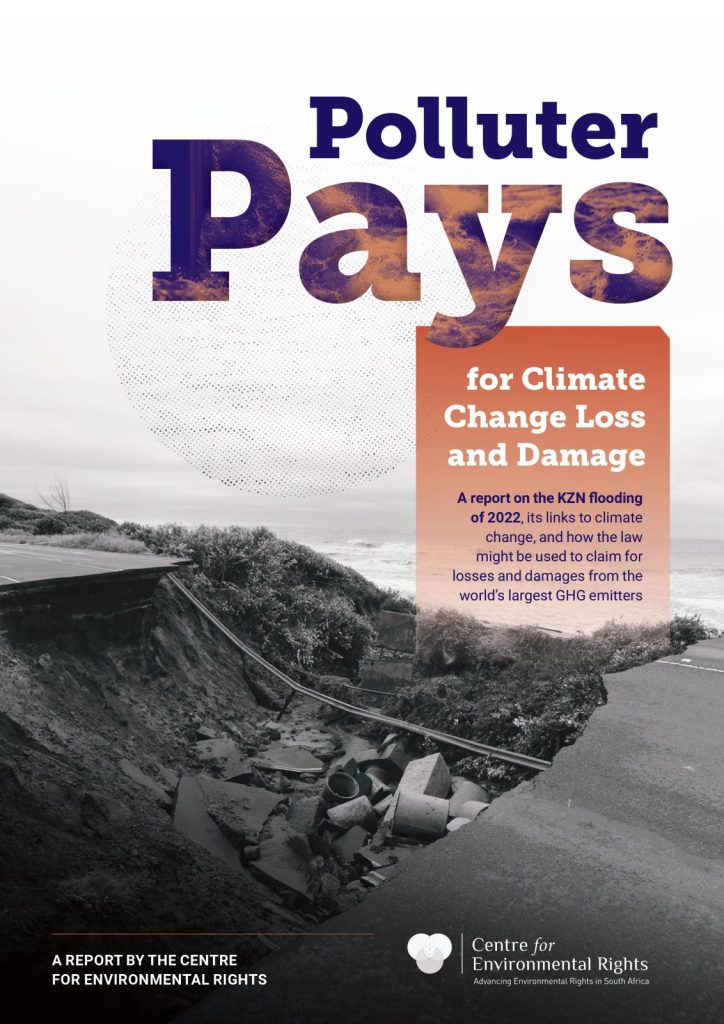
The “Polluter Pays” principle was highlighted, which can support climate change litigation in which complainants ask for claims for damages from major carbon emitters who are contributing to climate change. Brandon referred to the Climate Accountability Institute, which is now showcasing the attribution possibilities. This is an institute which identifies top emitters of carbon emissions in various industries, including the fossil fuel industry.
The speakers were able to show what is becoming possible – a growing movement of climate lawyers and court cases. The science is also becoming better at attributing disasters to those who contribute to them. Carbon majors like the fossil fuel industry are trying hard to avoid paying for the harms they have caused. But the drive to introduce corporate liability is growing. We will likely see more companies in court in the future.
You can watch the webinar here

